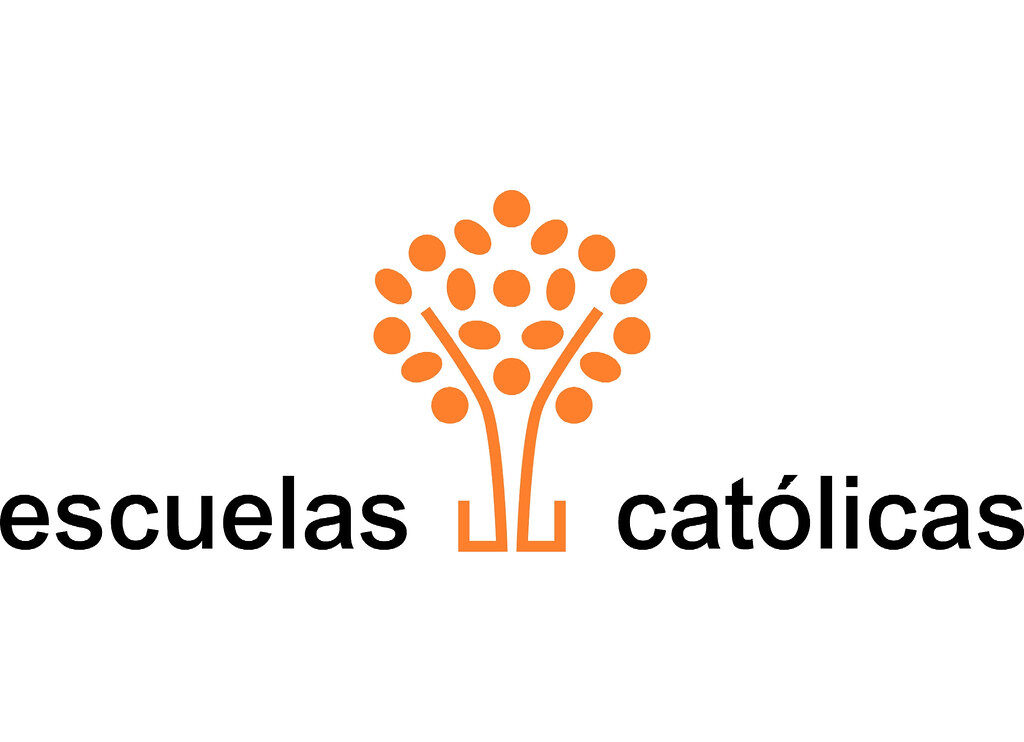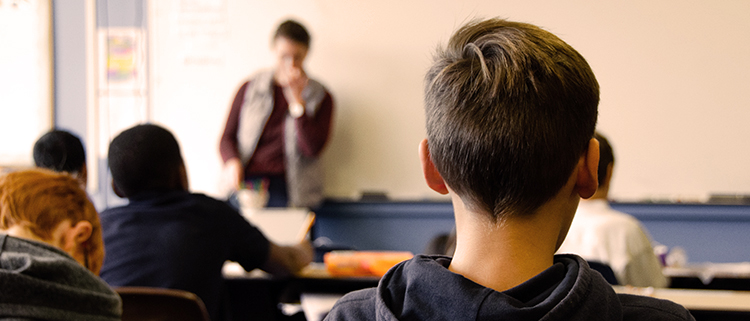The presentation of the draft of the General State Budget for next year brought with it an unpleasant surprise for more than two million families: the possibility of raising the VAT on subsidized and private education to 21%. A rise that those who defend it have tried to sell as a measure of financial savings in this time of crisis.
Nothing could be further from the truth. The increase of the 21% to private and subsidized education (or to private health care, for example) would entail, if applied, not only an increase in current spending on education, but also the loss of jobs, lower income tax collection or an increase in unemployment benefits. This was pointed out by organizations representing the different sectors of private education, both in formal and non-formal education, in a communiqué issued on October 2 to learn of this possibility.
The worst moment
Luis Centeno, Assistant Secretary General of Catholic Schoolsone of the signatories of this declaration points out to Revista Palabra that "It is the worst possible time to raise the VAT on private education and private health care. Middle and lower class families are the ones who will suffer the most from this increase". This is a hard blow for the majority of charter school students who do not come from wealthy families.

The measure does not seem to be supported either by economic reasons or by social demand; In fact, there are already several voices, even from within the government groups, that point to the ineffectiveness of this possibility which, as the Deputy Secretary General of Escuelas Católicas points out, would in no way represent a measure of containment or savings in public spending since "the possible transfer of students from private and subsidized education to public education would imply a considerable increase in public spending on public schools or places, which are twice as expensive as private or subsidized schools"..
In addition, of course, the problem it would pose for "more than two million students and families who attend subsidized or private centers. Likewise, it could also affect other families who take their children to private university centers." and workers, business fabric..., etc. that is developed around these educational initiatives. "With respect to the number of workers." - notes Luis Centeno - "only in subsidized education, they involve more than 150,000, who could be seriously affected by the loss of jobs".. In other words, we would be talking about a decrease in personal income tax collection and an increase in the social benefits of those who would lose their jobs.
Limits freedom of choice
The increase that this increase in Value Added Tax would have on household spending could be as much as a serious problem for freedom of choice of the educational center, "Parents would be less able to choose because of the higher cost of fees for high school or university education; secondly, it would affect the fact that some students would decide to switch to public education because they could not afford these fees, which would lead to the closure of many schools".
So, why this proposal?
As Luis Centeno emphasizes "Subsidized education is not a privilege at all, is simply the State's way of enabling all social classes to exercise their right to education, regardless of their economic level." so that a new attack on private and state-subsidized education "desiring by all means that public education be the only offer available to the vast majority of citizens." In the end, it is still a discriminatory measure for those who have fewer economic resources but the same right to freedom of choice.








